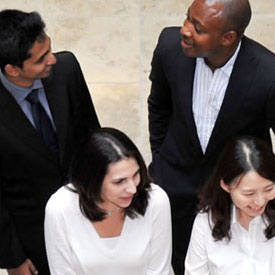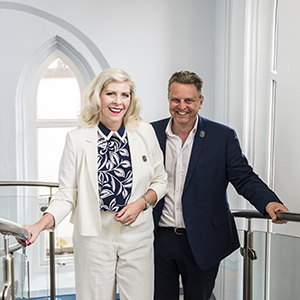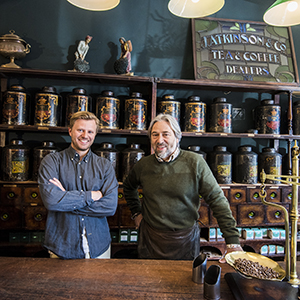
Family Business Excellence Programme
A six-month programme, designed for family-run SMEs to enhance business productivity and develop a sustainable strategy to serve future generations

About the Programme
This is a historic programme that was funded by ERDF between 2014 and 2020. For further information about other business development opportunities please get in touch with us.
There are so many challenges that arise from mixing business with family. Through years of research and engagement with global family businesses, the Lancaster University Management School (LUMS) Centre for Family Business have developed this Family Business Excellence Programme for Lancashire and Cumbrian SME businesses to help to gain an understanding of these challenges and how to overcome them.

Programme Elements
The Family Business Excellence Programme includes 1 day per month, over 6 months. You'll participate in a range of challenges, workshops and tasks to develop strategic thought processes and skills to build a sustainable future for your business. The focus on practical learning means there are no formal assessments.
The Benefits
Develop a productive and sustainable family business with a strategy to serve future generations. It will give you time to work on your business, solving current and future problems, improve performance and sustainability. Empower and encourage the next generation to take ownership and accountability of business performance, explore inter-generational and succession issues while learning from world-leading family business experts.
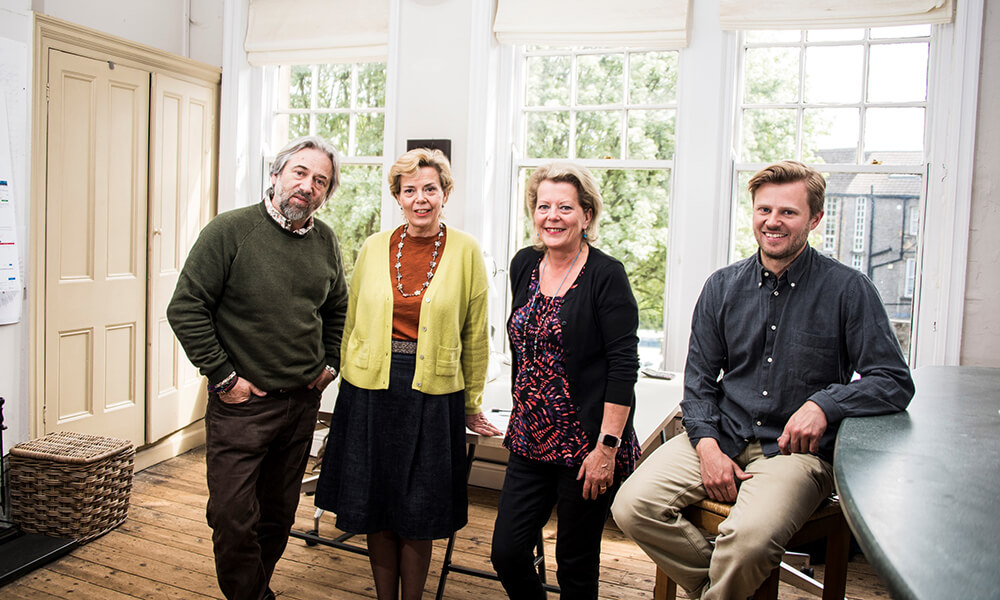
Facing the Challenges of Family Business
Anyone involved in a family business knows they are different to other businesses. The relationships, dynamics, culture, governance and the challenges faced are more complex.
Read article"Family businesses face unique challenges. This programme will support you to explore and address the most important of those challenges. We use theoretical frameworks applied by experienced business practitioners, all in the safety of a peer network made up of other regional family businesses. This really is an opportunity to shape the future of your family firm." Helen Wilkinson, Knowledge Exchange Development Manager.
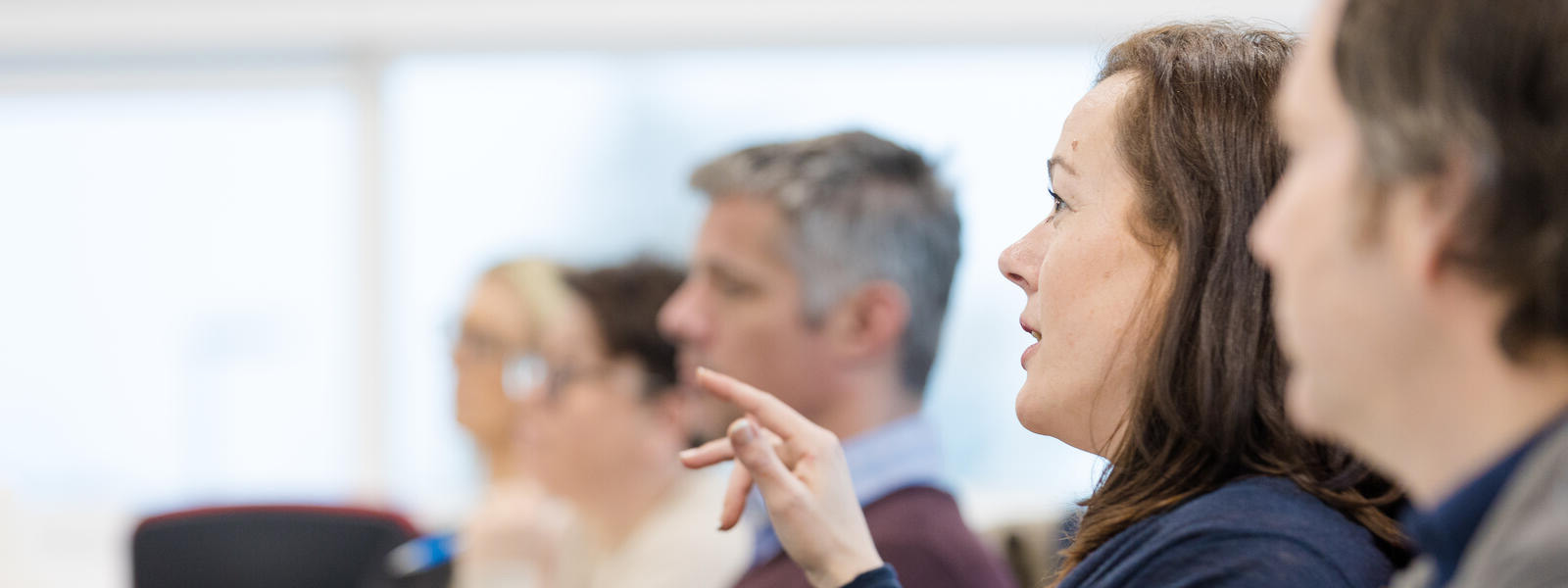
Costs & Apply
This programme is fully funded and available to businesses which are eligible under the European Regional Development Fund (ERDF) criteria, as follows:
- Based in Lancashire and Cumbria
- Employ fewer than 250 full-time equivalent (FTE) employees
- Annual turnover of less than €50 million (or the equivalent in GBP)
- Received less than €200,000 of de minimis State Aid in the last 3 years
Find out more about how and why Lancaster University and our funding bodies holds your information.
